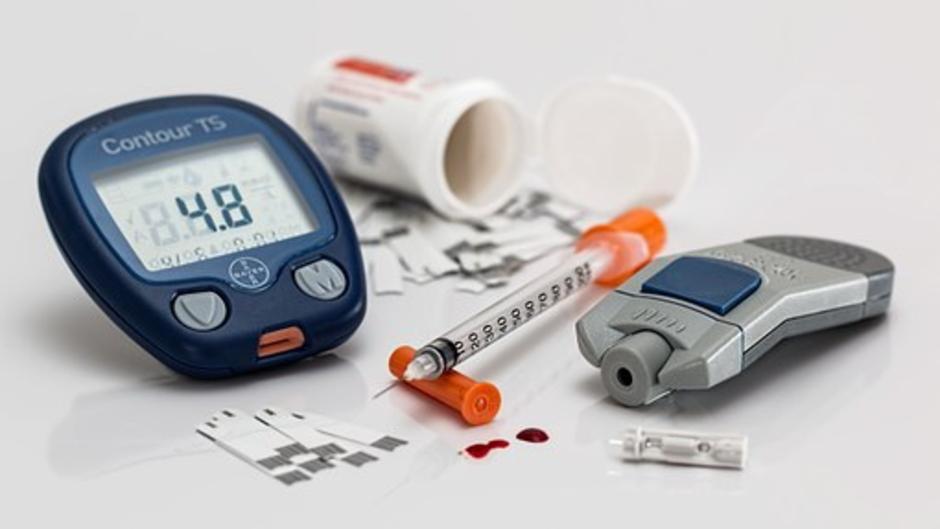Residents encouraged to be aware of the risks of diabetes
Wed 15th November 2017
Most of us know a friend or family member living with diabetes and yet it’s still hugely misunderstood. Following on from World Diabetes Day the public health team would like to set the record straight about some of the myths and misconceptions about diabetes.
This year, East Riding of Yorkshire Council is raising awareness of diabetes by encouraging residents to have a health check to assess their risk of developing cardiovascular disease, including type 2 diabetes.
Dr Tim Allison, director of public health at East Riding of Yorkshire Council, said: “Diabetes is a health condition where the amount of glucose in the blood is too high.
“World Diabetes Day raises awareness of the condition, including ways to prevent type 2 diabetes developing.
“Eating a healthy diet, rich in fruit and vegetables, along with regular exercise, can help.”
The council’s public health team is offering residents aged 40-74 years old a free NHS check. The checks, which take about 20-30 minutes, assess the risk of developing diabetes, heart disease, kidney disease, stroke and dementia.
By taking early action, steps can be taken to improve health and help to prevent the onset of these conditions.
Councillor Jane Evison, portfolio holder for transforming lifestyles, said: “If you haven’t already been diagnosed with these conditions and you have not had an NHS check in the last five years, why not come along for your free check?
“Catching the early signs of conditions that may develop later in life means that steps can be taken at an early stage to prevent illness developing, and simple changes to lifestyle can often have significant impact on living a longer, healthier life.”
The checks are offered at a variety of venues, including all East Riding of Yorkshire Council leisure centres, some GP practices, some pharmacies, community health trainer shops and East Riding Community Hospital in Beverley.
Myths and misconceptions:
Type 1 diabetes is the same as Type 2 Diabetes.
FALSE: They are two different conditions. People with Type 1 diabetes don't produce any insulin, so the only way to treat it is with insulin injections or a pump. It usually develops before you’re 40, and is the most common type of diabetes found in children and young people.
People with Type 2 diabetes don’t produce enough insulin or their insulin isn’t working properly. It can be treated by a combination of eating a healthy balanced diet, keeping active and medication, which might include insulin. It usually occurs later in life and is much more common in adults.
You can’t eat sweets if you have Type 1 diabetes.
FALSE: Children and young people with diabetes should follow the same diet that’s recommended for all children and young people – one that is low in fat, salt and sugar, and includes five portions of fruit and vegetables a day. No food is out of bounds, including sweets and other sugary food. But too many sweets and chocolates aren’t good for anyone, so they should be a treat rather than a regular snack.
You will grow out of Type 1 diabetes.
FALSE: There is no cure for diabetes. Once a child is diagnosed with Type 1 diabetes, they have it for life. But it can be successfully managed by taking insulin, eating a healthy balanced diet and keeping fit and active.
For more information and a list of all the venues that offer health checks, visit www.eastriding.gov.uk/health-checks
For more information on diabetes visit www.diabetes.org.uk

